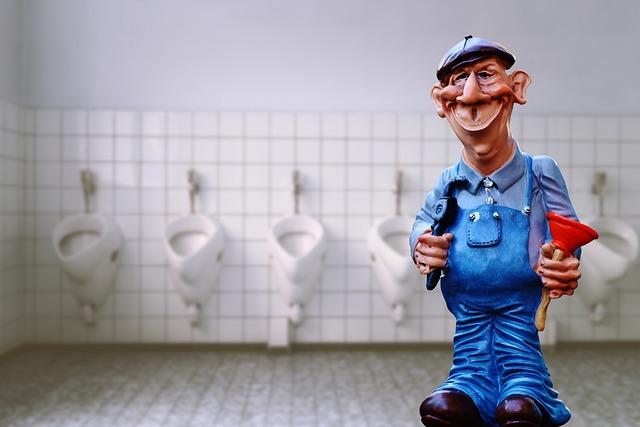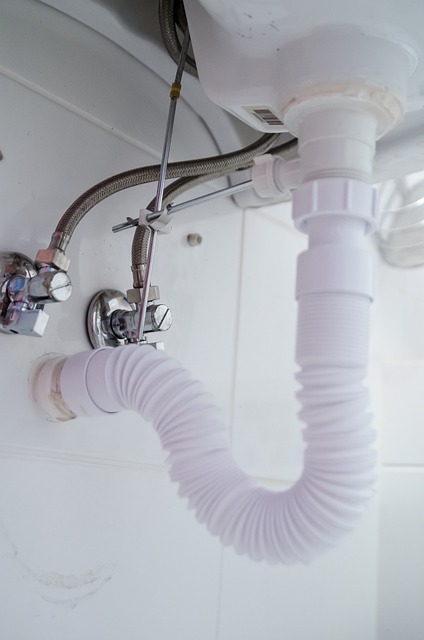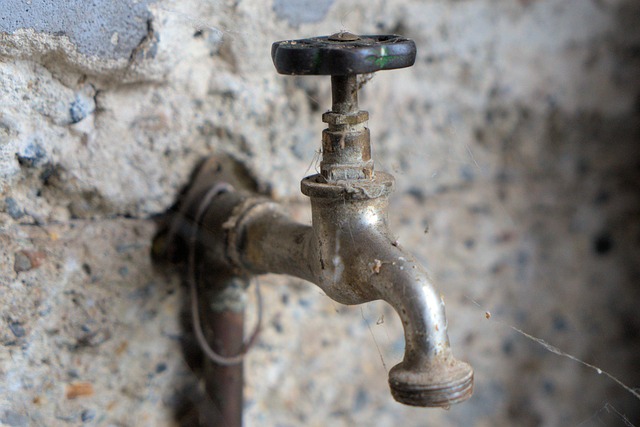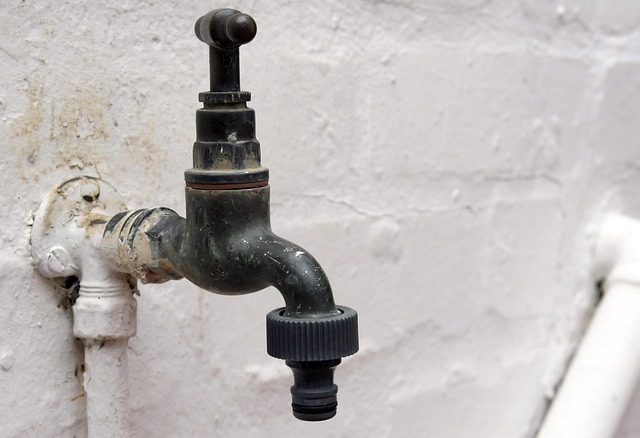Homeowners should address common plumbing issues like grease, hair, and debris buildup to prevent severe drain clogs. Regular professional inspections are crucial for early detection of leaks, broken valves, or faulty fittings that can also cause clogs. Effective unclogging strategies include using a plunger, hot water with baking soda, chemical cleaners, and snaking tools. Preventive measures like regular maintenance, proper waste disposal, and avoiding non-biodegradable materials reduce future blockages and maintain smooth drainage. Proactive addressing of these issues saves time and money while safeguarding against costly damage.
Clogged Drains 101: Navigating Common Plumbing Problems, Solutions, and Prevention
Clogged drains are a common household nuisance, but understanding their causes is the first step to effective solutions. This guide delves into the world of blocked drains, revealing the most frequent plumbing issues and offering practical fixes. From identifying root causes to learning prevention tips, you’ll gain valuable insights for maintaining smooth drainage systems. By understanding these common plumbing issues, you can efficiently tackle clogs and avoid future inconveniences.
Understanding Common Plumbing Issues: Unveiling the Causes of Clogged Drains

Many homeowners often overlook common plumbing issues until they become pressing problems, with clogged drains being a frequent irritant. Understanding the causes behind this ubiquitous issue is the first step in effective prevention and resolution. Drain clogs are typically caused by a buildup of grease, hair, and other debris that accumulate over time. These substances can solidify and congeal, forming hard-to-dislodge residues that obstruct the normal flow of water.
Regularly scheduling professional plumbing inspections is crucial for identifying potential issues early on. Common plumbing problems like leaky pipes, broken valves, or faulty fittings can also contribute to clogged drains. By addressing these underlying concerns promptly, homeowners can prevent minor inconveniences from escalating into major repairs, saving time and money in the long run.
The Fix: Effective Strategies to Clear and Unclog Drains

Unclogging drains is a common plumbing issue many homeowners face. The good news is, there are effective strategies to clear blockages quickly and efficiently. Start by using a plunger, creating a seal around the drain and pumping vigorously. This method often dislodges hair or soap scum build-up. For more stubborn clogs, pour hot water mixed with baking soda down the drain—this combination can help dissolve grease and grime. Another approach is to employ a chemical drain cleaner, though these should be used cautiously due to potential damage to pipes. Alternatively, snaking tools like a snake or auger can break apart larger obstructions. Regular maintenance, such as clearing drains of food scraps and ensuring proper waste disposal, prevents future blockages and keeps your plumbing system running smoothly.
Prevention is Key: Tips to Avoid Future Drain Cloggings

Prevention is Key: Tips to Avoid Future Drain Cloggings
Identifying and addressing common plumbing issues early on can significantly reduce the chances of future drain cloggings. Regularly scheduling professional drain cleaning services is an excellent preventive measure, especially for homes with a history of clogs or complex plumbing systems. These professionals have access to advanced tools and techniques that can clear out stubborn blockages before they cause significant damage.
At-home prevention strategies are also vital. Avoiding disposal of non-biodegradable materials like grease, coffee grounds, and food scraps into the drain is a simple yet effective step. Additionally, using drain covers or catchers to prevent hair and other debris from building up can go a long way in maintaining smooth drainage. Regular cleaning of drains with hot water and baking soda mixtures can also help to prevent the accumulation of hard water deposits and mineral build-up over time.
Clogged drains are a common plumbing issue, but with proper understanding and preventive measures, they can be easily managed. By identifying the root causes, implementing effective clearing strategies, and adopting proactive tips for avoidance, homeowners can minimize future occurrences. Remember, regular maintenance and quick action when issues arise are key to keeping your drains flowing smoothly.
